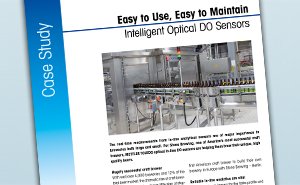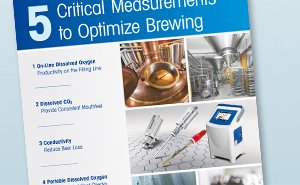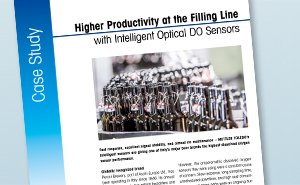We support and service your measurement equipment through its entire life-cycle, from installation to preventive maintenance and calibration to equipment repair.

DO Sensors for Breweries
Reliable DO Measurement for Beer Production
DO sensors for beer production help manage dissolved oxygen levels with trace, ppb-level measurements appropriate for the filling line. Optical DO sensors provide outstanding measurement performance and reliable measurements to ensure that final products meet your quality standards for taste. Intelligent Sensor Management (ISM) technology in the sensors offers predictive diagnostics to reduce maintenance and simplify calibration.
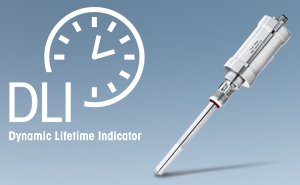
Withstand Challenging Applications
Beer DO sensors are designed for applications with fast response time requirements. They are suitable for challenging applications such as filler line measurement.
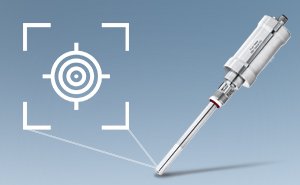
Measurement Performance at Low Detection Limit
The InPro 6970i DO sensor for breweries offer outstanding measurement performance with a low detection limit of 0 ppb to 2000 ppb.
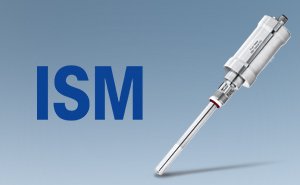
Advanced Predictive Diagnostics
InPro 6970i DO sensors feature Intelligent Sensor Management (ISM) technology, offering predictive diagnostics to reduce maintenance and simplify calibration.
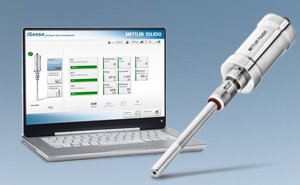
ISM Redefines Maintenance
ISM technology provides important information about sensor condition. Maintenance planning becomes easy, as accurate diagnostics predict when sensor maintenance will be required.
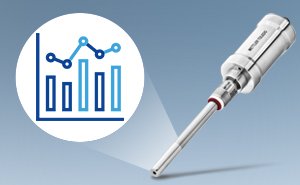
Enhanced Process Control
The high measurement performance of DO sensors leads to reduced out of spec production. ISM helps to make optical oxygen measurement reliable and lowers the risk of sensor failure during production.
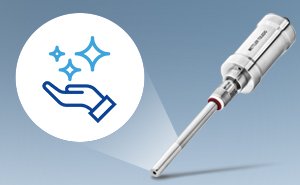
Designed for Hygienic Processes
The InPro 6970i sensors are designed for hygienic processes in brewery applications. They have FDA/USP Class 7 hygienic approvals and are also CIP resistant.
Explore our Services - Tailored to Fit your Equipment

Remote Support
Fast intervention and full security with our remote support capabilities.
- On-Site Customer with Mobile Device
- Remote Technician on Computer
Support & Repair

Maintenance & Optimization

Calibration & Quality

Training & Consulting

FAQs
What is a beer DO sensor?
A beer DO sensor is an analytical instrument designed to monitor dissolved oxygen levels in beer production. They are used to ensure consistent product quality.
Why should I measure DO in my beer production?
Monitoring and managing oxygen levels in beer applications is important as it helps optimize product yield and quality. It can also reduce production costs and prevent product losses.

